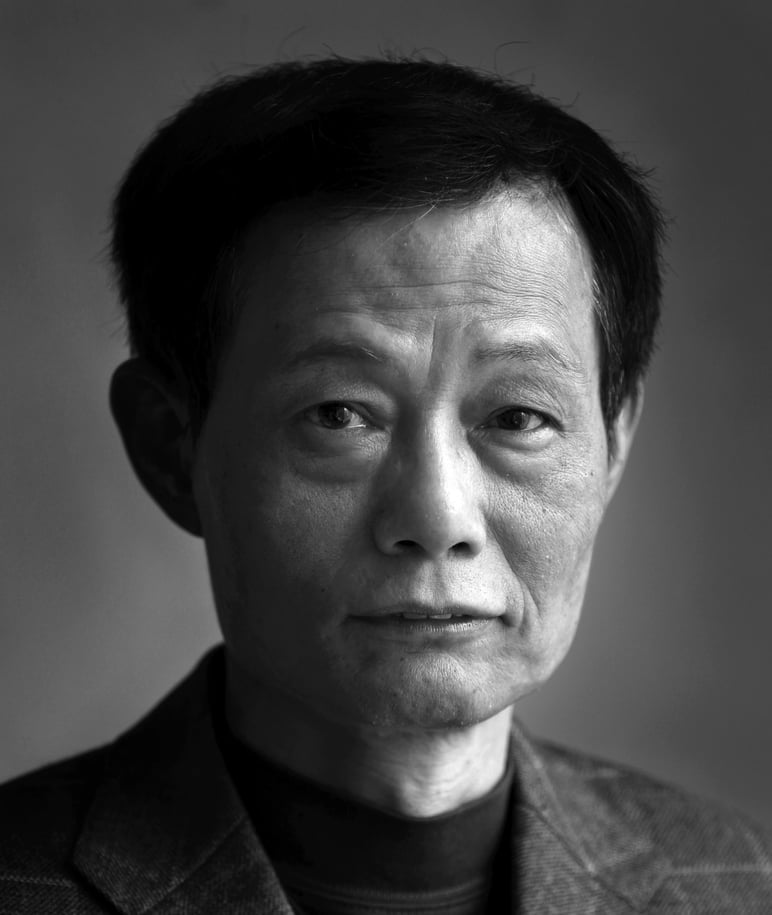Economic planning, like economic forecasting, is predicated on a certain degree of visibility, predictability and certainty of an economic outlook.
This is why China’s state planners and macro managers are perplexed, confused and struggling to amend its delayed annual
economic plan: never before has the economy been faced with such a great number of uncertainties, until the Covid-19 pandemic.
Usually, on or around
March 5, the Chinese premier unveils the country’s annual economic plan in his presentation of the government work report to open the annual session of the National People’s Congress. But this year’s legislative gathering has been indefinitely postponed due to the coronavirus.
Beijing has not published its growth target for 2020. However, it was reported that the government had set a target of
“around 6 per cent” growth in gross domestic product, which was agreed on by top party officials at the annual
Central Economic Work Conference at the end of last year.However, the outbreak of Covid-19 has upset the apple cart. Now, party leaders might have to revise down the growth target in response to the devastating impact of the epidemic, if they can even keep it at all.
But the bigger challenge is that predicting and therefore planning the path ahead has become increasingly difficult, because of what is knowable and what remains unknowable. At this point, what planners can take into account is several likely scenarios for the Chinese economy.
In the first scenario, China’s economy is likely to show a record
contraction in the first quarter, if not longer. All major data released by the National Bureau of Statistics this month suggested that the world’s fastest growing major economy is witnessing a historic shift from decades of steady growth into reverse gear.
The second scenario is the Chinese economy will see its lowest
annual growth in recent memory. It is almost certain that China’s economic growth this year will be lower than the record of 3.9 per cent in 1990, when the country was under economic sanctions imposed by Western developed countries led by the United States, following
Beijing’s military crackdown on pro-democracy protesters the previous year.
In the third scenario, China’s anticipated V-shaped recovery fails to take shape, because a
global recession is setting in as the pandemic ravages almost
all major developed economies. Chinese policymakers’ early hopes that a sharp downturn will be followed by an equally strong rebound have become unrealistic.
The last and least desirable scenario is Beijing failing to achieve its ambition to
double China’s 2010 GDP by 2020, the centrepiece of President Xi Jinping’s Chinese dream. To meet this target, China would need to achieve annual growth of at least 5.6 per cent this year, which seems increasingly out of reach.
Against such a hostile backdrop, it makes more sense for policymakers to work out a rescue plan than set a unrealistic growth target.
The biggest obstacle is uncertainty about the
duration of the pandemic, which will dictate the direction of the global and the Chinese economies. The coronavirus has caught many politicians, policymakers, business executives and investors off guard – and state planners too, who are, after all, only human. No
epidemiologist, virologist or immunologist can say for sure when the pandemic will end; how can state planners be expected to plan around so many variables?
Perhaps the only certainty now is that any attempt at making a definitive forecast, or an economic plan based on such a forecast, will fail. Under such circumstances, it might be advisable for the government to consider dropping specific GDP targets, just for this year, and instead focus efforts on alleviating economic pain and softening the impact of the Covid-19 pandemic.
Cary Huang is a veteran China affairs columnist, having written on this topic since early 1990s
Purchase the China AI Report 2020 brought to you by SCMP Research and enjoy a 20% discount (original price US$400). This 60-page all new intelligence report gives you first-hand insights and analysis into the latest industry developments and intelligence about China AI. Get exclusive access to our webinars for continuous learning, and interact with China AI executives in live Q&A. Offer valid until 31 March 2020.


